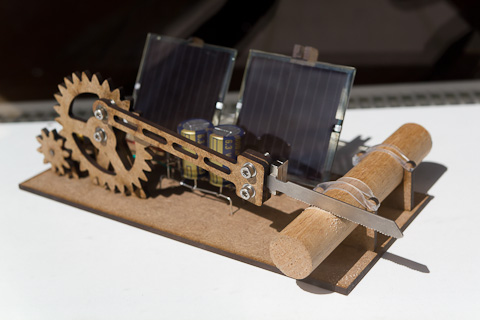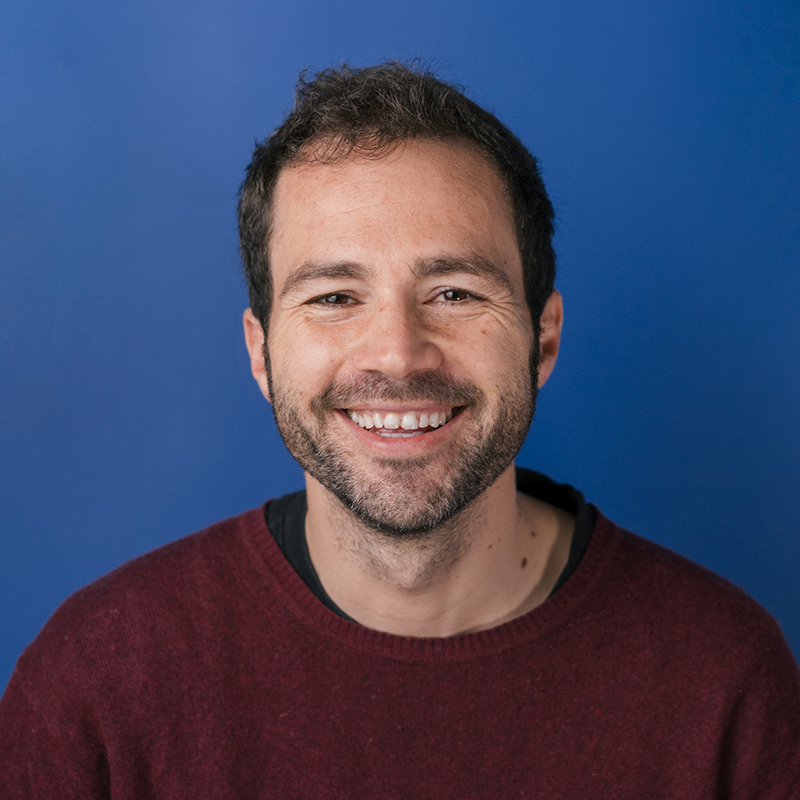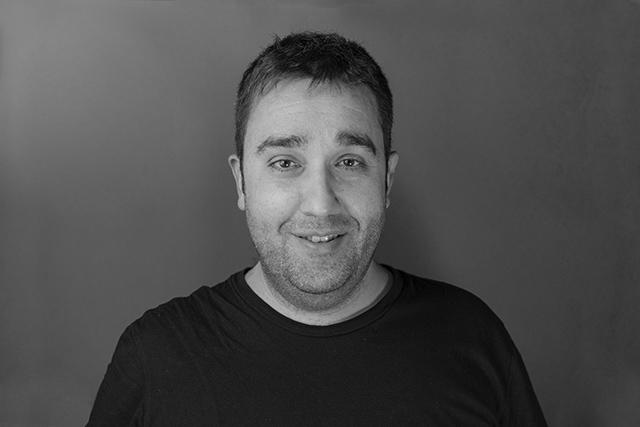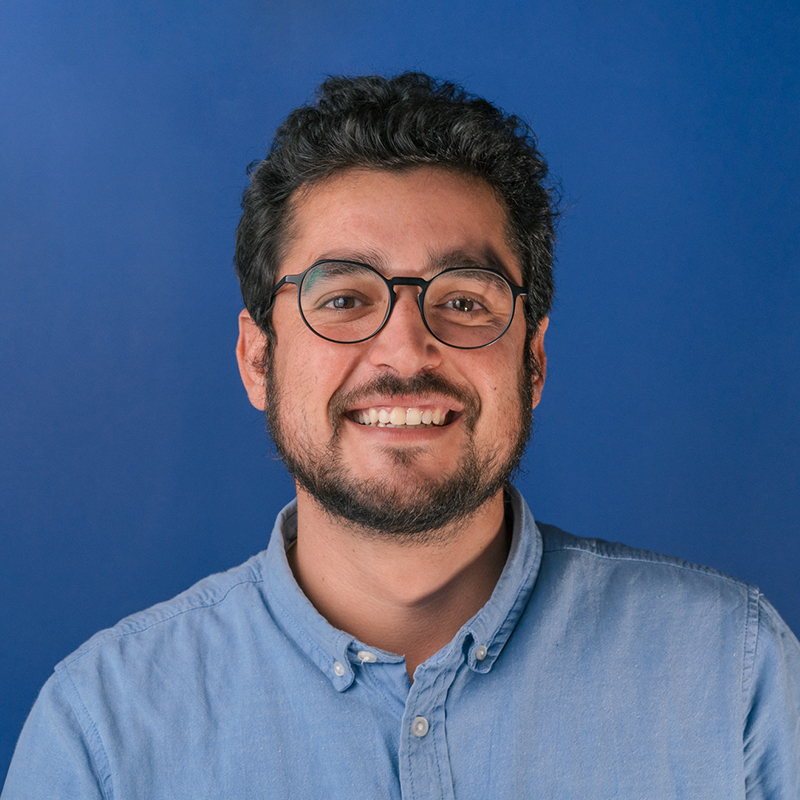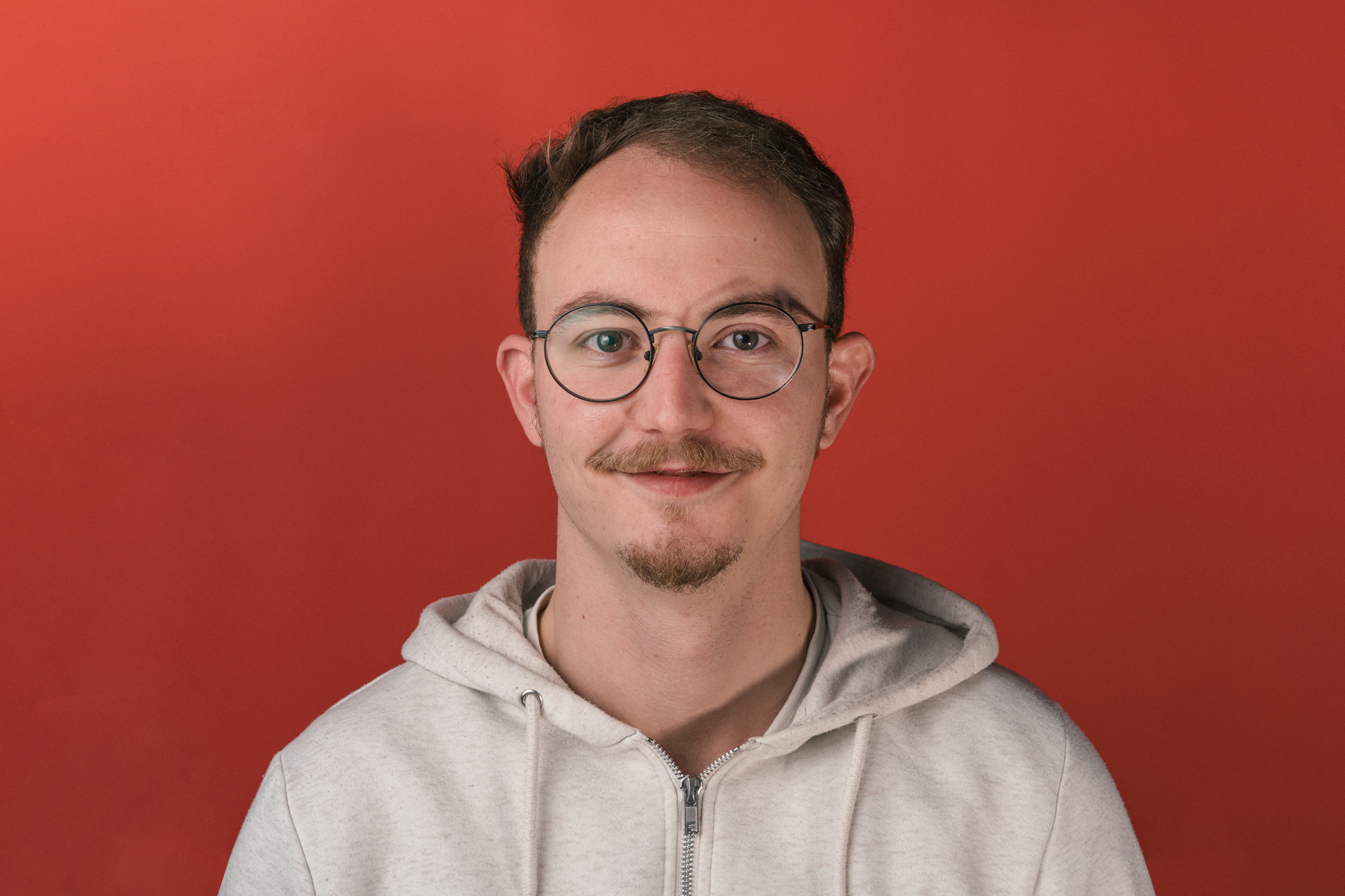Syllabus⇝
Fab Labs and advanced manufacturing infrastructure are making accessible for any citizen to make anything anywhere while sharing it with global networks of knowledge, which allows accelerating design, development, and deployment processes for new products to be born. Traditional planning and urbanism are being disrupted by the acceleration of technology and the dynamic transformation of society during the last half-century; it is important to rethink how we make things and why, and generate active and practical conversations through projects and prototypes that become manifests itself.
TAUMs is a practical and intensive two-weeks experimental program into fabrication and introduction to the Fab Lab environment. It has been designed to fill knowledge gaps and aimed to prepare students to succeed and improve their experience during Fab Academy.
We will be going over the basic skills needed to design, develop, and fabricate almost anything in a Fab Lab, as well as how to manage time and resources necessary for its proper operation.
Our active learning methodology is based on the practice and spiral development, designed to encourage the creativity and imagination of the participants, as well as stimulate the search for tools and solutions for their correct definition.
We will offer an impact experience, seeking to inspire and motivate the participants to use the possibilities of digital manufacturing and technologies to prototype, design, fabricate and program an “honest” mechanical artifact that “makes” something.
USELESS MACHINES
As existential purity, building a machine that doesn´t have a clear purpose as fabricating something or solve world problems allows the designer to focus on mechanics and movements allowing more freedom to really simplify actuation forgetting about constraints.
The metaphor of machines and artefacts doing endless predefined or random movements is what we call Useless Machines.
Students will develop and fabricate something that is a mess of contradictions and wonderfulness.

It has been a long tradition among philosophers and writers to praise uselessness as a means to stress the importance of spiritual activities and creations without clear functional aims. Aristotle, for one, established early on that knowledge was valuable in itself, not for providing practical utility—a notion frequently forgotten today. To praise in utility, thus, has been a reaction to the materialistic values promoted by capitalist society, which has been criticized for its lack of moral and spiritual values.
Because machines are generally associated with the fulfilment of a practical duty, the functional independence of art is particularly highlighted when artists create or represent machines. We find ultimate examples of useless art machines in Wim Delvoye’s pursuit of technologically sophisticated devices for the production of excrement, or in Roxy Paine’s machines to fabricate art, which we can consider two times “useless”: for being artworks and for producing more art.
Deliverables⇝
-
Video at minimum 1080p stabilized (not hand held recordings, use a tripod if you don't know how to stabilize by software)
-
Black or white background.
-
Open source music matching the artifacts(properly acknowledged).
-
Five photography's of the artefacts at high res.
-
Ideally the sound produced by the machine will be also recorded in the video.
-
Entry and finish titles with Team names, name of the artifact and Iaac/FablabBCN - Flu Logos.
-
Min 10 slides presentation on:
-
How you designed it
-
What is suppose to do or not to do.
-
How you fabricate it
-
Accomplishments/failures
-
All the documentation needs to specify what part of the project was developed by each team member.
Goals
-
Maximize useless with the minimum amount of hardware
-
Minimalism is key word
-
Visually attractive machine
-
All the element must be seen accounted for “INTEGRATIVE DESIGN”
Additional Resources⇝
-
MDEF-FABLAB CRASH COURSE
-
From Bits to Atoms 2018-19
-
Fab Academy
-
Fab Foundation
-
Fab Academy BCN
-
Fab Zero
-
Daniel Armengol Altayo
-
Machines that Make
-
Designing Reality
-
Reference Books
-
Make: The Maker’s Manual: A Practical Guide to the New Industrial Revolution
-
The 3D Printing Handbook: Technologies, design and applications
-
Fab: The Coming Revolution on Your Desktop - from Personal Computers to Personal Fabrication
Faculty⇝
Santiago Fuentemilla Garriga , is Master degree in Architecture and postgraduate in digital fabrication and rapid prototyping (Fabacademy). He accumulates more than 15 years of experience in studios (OPR, FHAUS, OPERA, Brullet de Luna associats), designing multidisciplinary projects at an international level. Since 2013 he is part of the IAAC - Fab Lab BCN team, as coordinator and leader of Future Learning Unit (FLU), an area of research, design and implementation of innovative educational models that promote growth, learning and creativity to generate opportunities to achieve the goals and challenges of uncertain futures. FLU participates in private and EU funded research projects such as TEC-LA, Shemakes, Ruractive, DOIT, Phablabs 4.0, Creative Minds, among others. He is director of the global academic programs Fab Academy and Fabricademy, in the Barcelona node, executive board of Fab Learning Academy, and faculty of the Master in Design for Emergent Futures (MDEF) and The Master in Design for Distributed Innovation (MDDI).
Xavier Domínguez is a multimedia engineer, action researcher at Fab Lab Barcelona, lecturer in the Master in Design for Emerging Futures at IAAC-Elisava and global instructor in the Fab Academy programme led by Neil Gershenfeld at MIT’s Center for Bits and Atoms (CBA). Since 2017 he has focused his entire professional career on researching methods and tools to accompany people in developing competencies and skills for life through creativity and innovative use of technology under the principles of circularity, sustainability and equity. Xavier is involved in private and EU-funded research projects such as TEC-LA, which measures the impact of introducing maker project-based learning for the development of STEAM competences, skills and knowledge in primary school students, DO IT, on entrepreneurship and social innovation for young people, PHALABS 4.0 which links photonics research and its practical application in the Fab Lab, POP-MACHINA which aims to demonstrate the power and potential of the maker movement and collaborative production for the circular economy of the European Union or SHEMAKES which aims to empower future innovators of the sustainable fashion industry through inspiration, skills and networking.
Eduardo Chamorro is an architectural technologist, additive manufacturing expert and researcher, focusing on digital fabrication, materials, robotics and emerging technologies.
He is currently a PhD candidate at Swinburne University (Melbourne, Australia) in High performance composites additive manufacturing for architecture.
Works as faculty and researcher at FabLab Barcelona & IAAC (Institute for Advanced Architecture of Catalonia) in Barcelona, Spain as faculty in the Master in Design for Emergent Futures (MDEF), Master for Advanced Architecture (MAA), Master in Advanced Ecological Buildings (MAEB), 3D Printing in Architecture (3DPA), FabAcademy at IAAC FabLab Barcelona. For him, working in a multi-scalar environment must be the priority of architects nowadays. His research focuses on the implementation of additive manufacturing technologies along different architectural scales imaging multiple processes and materialities.
Eduardo holds a Master's Degree in Architecture from CEU San Pablo University (Spain), a Fab Academy diploma in Digital Fabrication offered by the Fab Lab Network and a Master's Degree in Advanced Architecture from IAAC (Spain), with a specialisation in digital fabrication, materiality novel design methodologies. He holds as well a Spanish architectural licence.
Moreover, he has worked as Fab Lab Seoul director, researcher at several architecture studios, professor of computational design and fabrication at CEU University and advisor for various architecture collectives. He is also a regular collaborator at Fab Lab Madrid. He is always seeking innovative architecture that attempts to solve and adapt to social needs. He has also been a tutor for the Master of Science in Computational and Advanced Design (MSc CAD) at Design Morphine - UACEG (University of Architecture, Civil Engineering and Geodesy).
Born in Barcelona in 1995, Mikel has been doing art, graphic design and programming for video games and cinema until he discovered the amazing world of digital fabrication, the OpenSource community and makers to be related to different processes and characters of the sector. Until October 2021 he has been working as Manager of Fablab Barcelona, organising different things around the lab, including workshops, taking care of the machines, doing the necessary maintenance and teaching students not only how to use them but also how to become "makers". He has also been developing projects to empower people and communities to have access to technology in the most open way. When asked what he liked most about Fablab Barcelona he answers without a doubt: "Doing things" but "Doing open things". Since he left Fab Lab Barcelona in October 2021, he has been opening a new studio in Barcelona, called Facto, located in the Gràcia neighbourhood, where he has his own workshop and workspace for the development of projects, among which he is founding a design brand that works with recycled plastics.
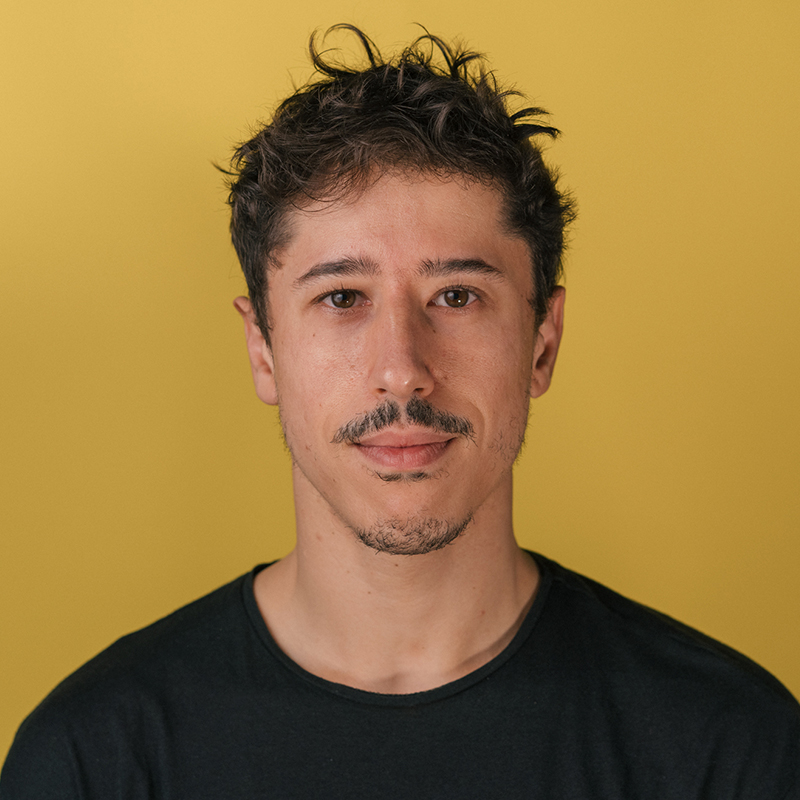
Oscar Gonzalez
Sense Making Expert
Óscar González is an Industrial Engineer based in Barcelona with expertise in data analysis, testing and calibration through his experience in automotive and sensor development. Óscar is the Sense Making lead at Fab Lab Barcelona team doing research and development within the Smart Citizen project and is an instructor at the Fabacademy program.
